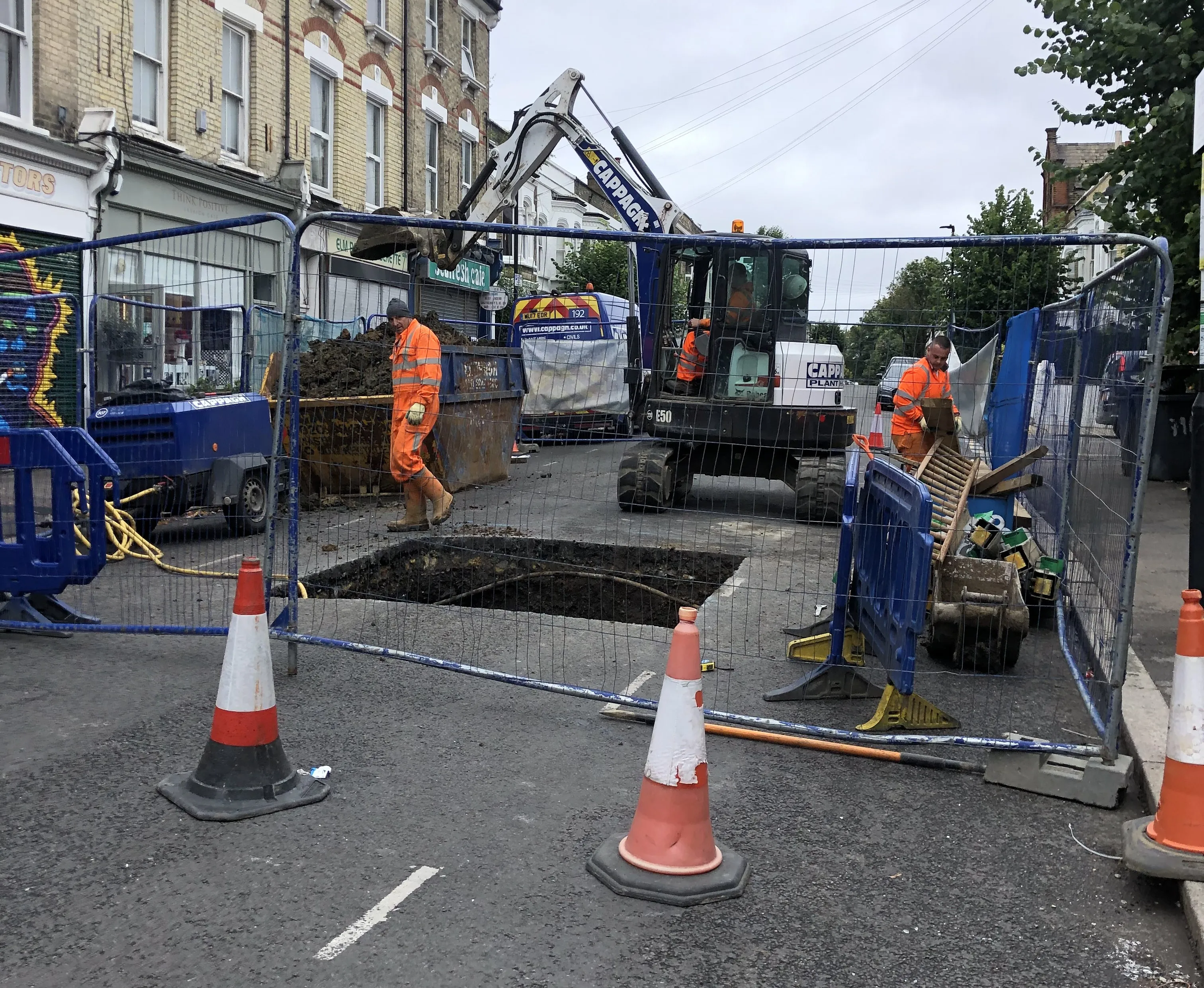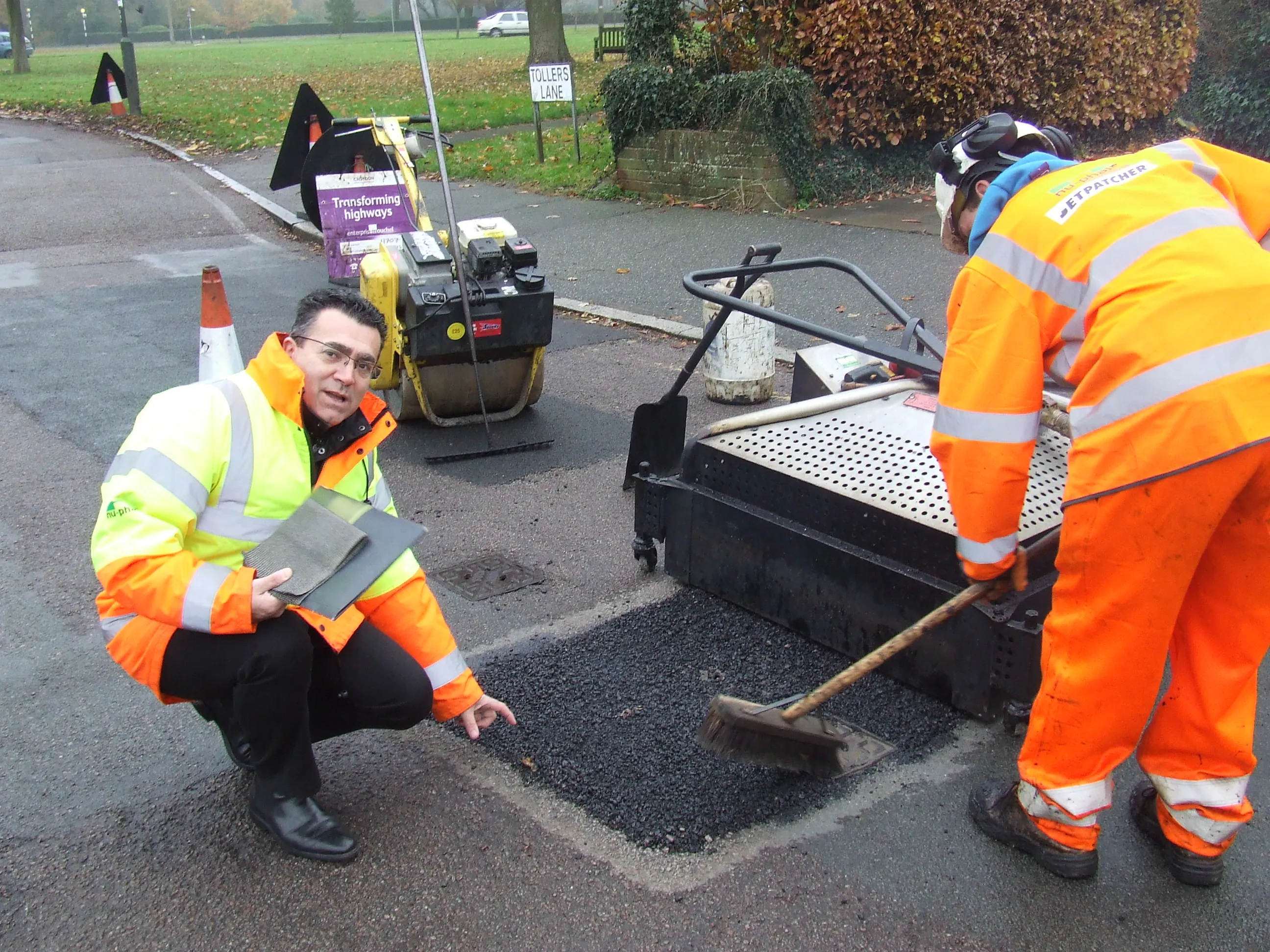
Developed by the Association of Directors of Environment, Economy, Planning and Transport (ADEPT), the three-year, UK-wide programme is being funded by the Department for Transport. The programme aims to develop innovative solutions that will support the decarbonisation of local highways infrastructure and assets.
Monitoring and evaluation will continue beyond the three year programme to 2028 and assess the longer term impacts of each innovation across Scope 1, 2 and 3 emissions. Live Labs 2 is innovative in that it has a focus on reducing the Scope 2 and 3 emissions of transport projects that are indirect or in the control of suppliers and related services.
The aim of the monitoring and evaluation process will be to demonstrate whether programme objectives have been met and to understand the effectiveness and efficiency of each Live Lab and its knowledge sharing with the wider sector.
Each Live Lab as well as the programme as a whole will undergo three types of evaluation. There will be an impact evaluation to measure outcomes and determine whether Live Labs have delivered their objectives and the extent to which their approach can be successfully scaled up. It will also measure the success of the Live Labs 2 programme in achieving a move towards decarbonisation across the roads infrastructure sector. And there will be a process evaluation to examine how the Live Labs operated, what helped and hindered them in achieving their aims and how effective the Live Labs 2 programme model was in supporting the adoption of innovation in the roads sector. Lastly, there will be a value for money evaluation to assess the costs and benefits of each Live Lab and whether they present an effective use of resources.
As with Live Labs 1, scalability and the effective use of resources will be critical to the success of each innovation being trialled, but equally invaluable will be sharing knowledge about what has not worked and the challenges faced by each project.
Live Labs 2 has just begun its deployment phase with seven projects working to four inter-connected themes across the UK.
Anthony Payne, President of ADEPT said: “One of the key aims of Live Labs 2 is to share knowledge with the highways and transportation sector across the UK and internationally, and to inform wider government policy. With its focus on local authority-led innovation trialled with partners across the private sector and academia, the programme will deliver on the ground learning and business cases that can be adopted universally.
“Providing vigorous monitoring and evaluation throughout the lifetime of the programme and beyond will ensure that the data and learning we share will be invaluable. We are pleased to welcome Arup to the Live Labs 2 team."
Matthew Dillon, Global Economics Skills Leader at Arup said: “The Live Labs 2 initiative is potentially ground-breaking, and its mission to achieve a step change in the normalisation and uptake of zero carbon techniques, solutions and materials in local roads, is hugely important to the transport sector, and aligns with Arup’s own pledge to be net zero by 2030. This is a long evaluation, over five years, with seven projects over three workstreams, and a wide geographical area, and lots of lessons to be learned by the sector. With our partners NatCen, we are raring to go.”
ADEPT represents local authority, county, unitary and metropolitan directors of place. The Live Labs initiatives are part of ADEPT’s SMART Places programme to support the use of innovation and technology in place-based services.









